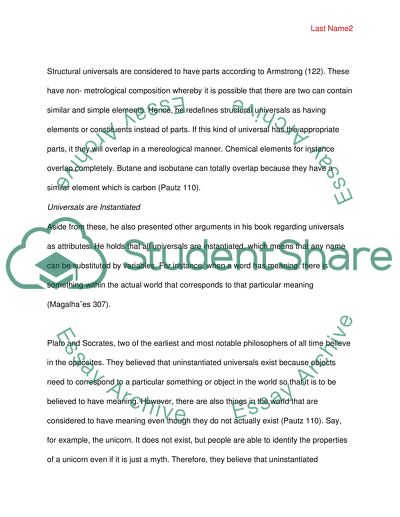Cite this document
(“David Armstrong, 'Universals as Attributes' from Universals: An Term Paper”, n.d.)
Retrieved from https://studentshare.org/philosophy/1494373-david-armstrong-ychuniversals-as-attributesyie
Retrieved from https://studentshare.org/philosophy/1494373-david-armstrong-ychuniversals-as-attributesyie
(David Armstrong, 'Universals As Attributes' From Universals: An Term Paper)
https://studentshare.org/philosophy/1494373-david-armstrong-ychuniversals-as-attributesyie.
https://studentshare.org/philosophy/1494373-david-armstrong-ychuniversals-as-attributesyie.
“David Armstrong, 'Universals As Attributes' From Universals: An Term Paper”, n.d. https://studentshare.org/philosophy/1494373-david-armstrong-ychuniversals-as-attributesyie.


